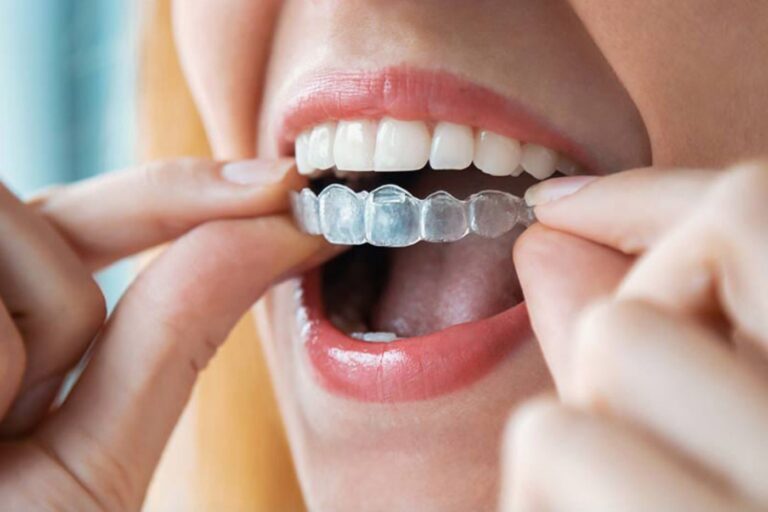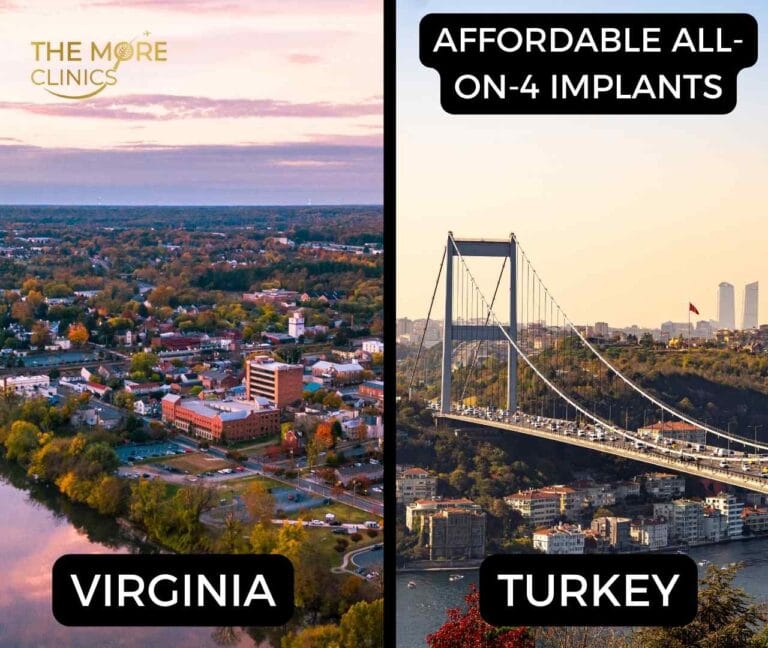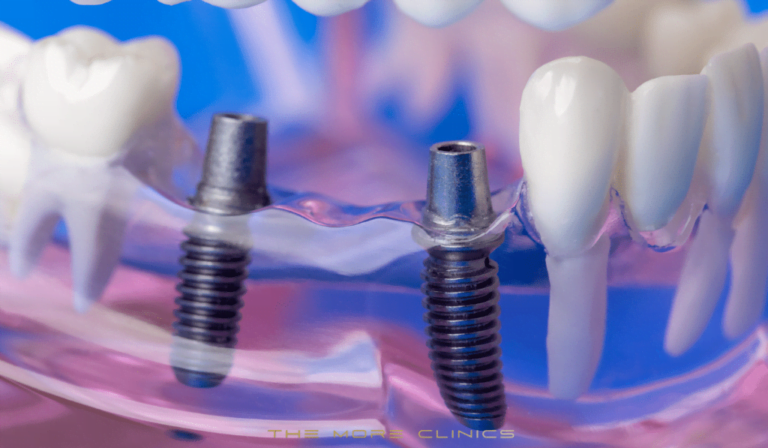Types of Dental Veneers
Dental veneers are a popular cosmetic dental solution for transforming smiles and achieving a radiant appearance. However, with various types of veneers available, it can be overwhelming to decide which one is best suited for your specific needs and preferences.
In this blog, we will explore the different types of dental veneers, compare their pros and cons, and guide you in choosing the ideal option for your smile makeover.
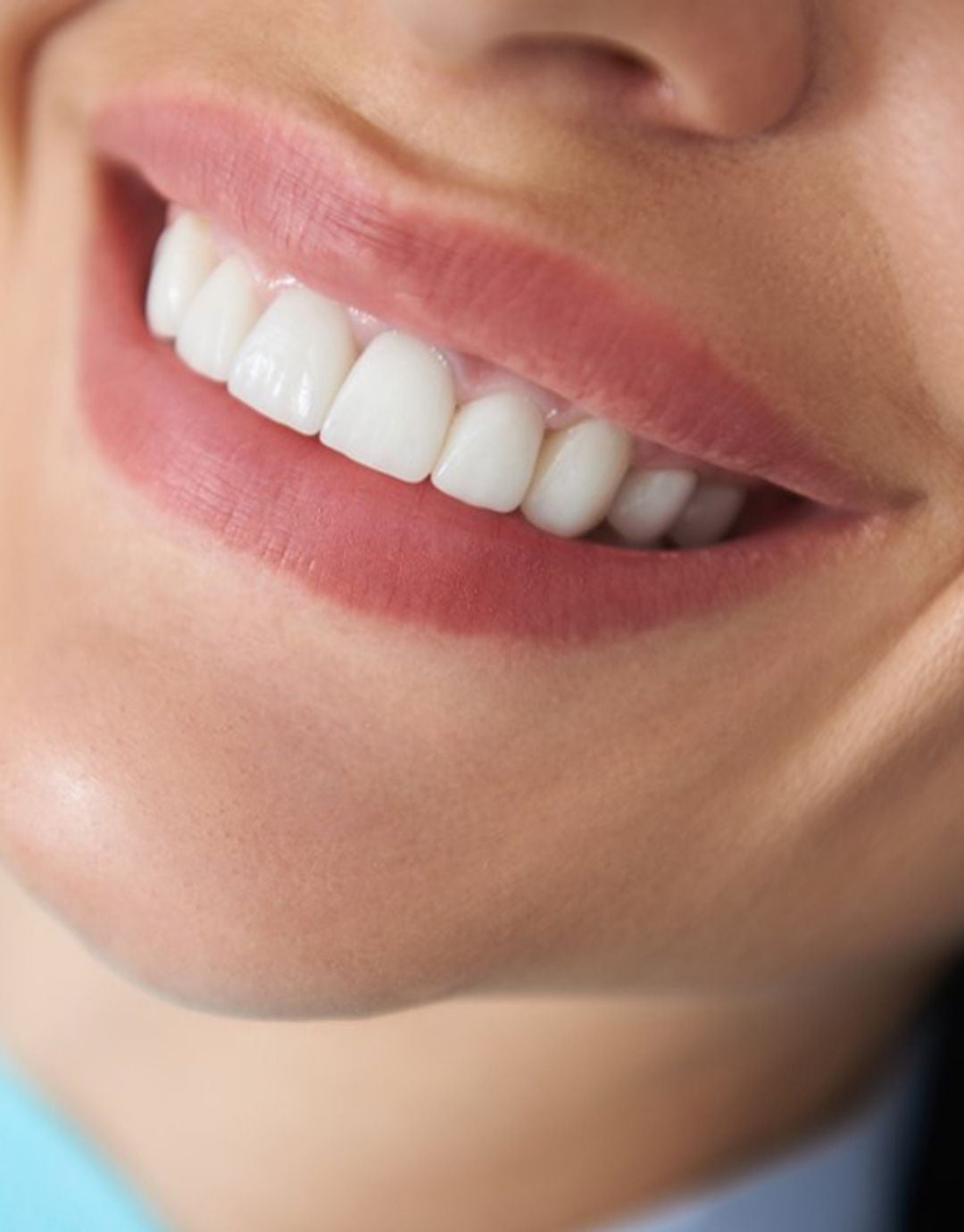
Types of Dental Veneers
1. Porcelain Veneers (e max veneers)
Porcelain veneers are thin, custom-made shells crafted from high-quality dental ceramic. They are known for their excellent durability, stain resistance, and natural appearance. E Max veneers are a popular choice for individuals seeking a long-lasting and beautiful smile transformation.
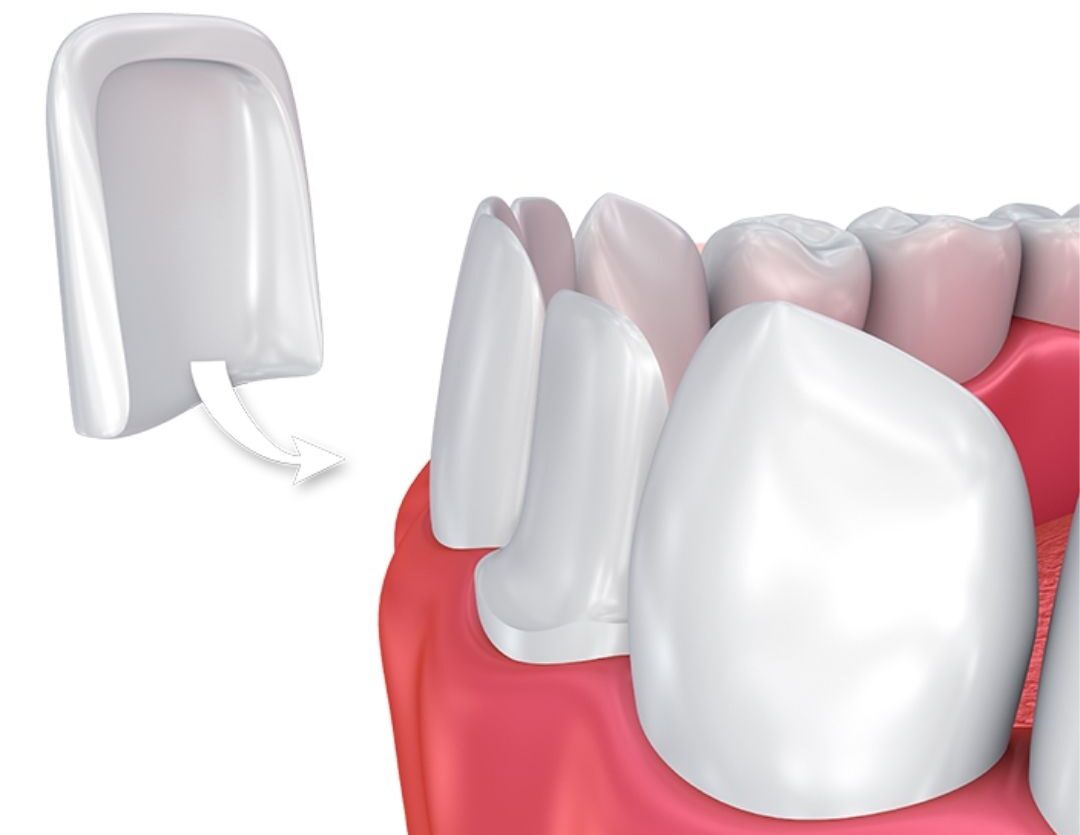
2. Composite Veneers
Composite veneers, also known as direct veneers, are made from a tooth-colored resin material. They are applied directly to the teeth and shaped by the dentist to achieve the desired aesthetics. Composite veneers are a more cost-effective option compared to porcelain, but they may not be as durable or stain-resistant.
3. Removable Veneers
Removable veneers, also known as snap-on veneers, are a temporary cosmetic option that can be easily placed and removed by the patient. While they provide a quick fix for smile imperfections, they are not as durable or natural-looking as permanent veneers.
4. Minimal Prep Veneers
Minimal prep veneers, such as Lumineers, are ultra-thin and require little to no enamel removal before placement. They are a reversible option, making them suitable for individuals hesitant about permanently altering their teeth.
Which Type of Dental Veneer is Better for You?
The best type of dental veneer for you depends on your specific dental concerns, budget, and desired results:
- If you prioritize durability, natural appearance, and are willing to invest for long-term results, porcelain veneers may be the best choice.
- If you are looking for a more affordable option and prefer a reversible treatment, minimal prep veneers or composite veneers may be suitable.
- Removable veneers are ideal for individuals seeking a temporary cosmetic solution without the need for any dental alterations.
Pros and Cons of Each Type of Veneers
Porcelain Veneers( e max Veneers):
Pros:
- Excellent durability and longevity.
- Highly stain-resistant, maintaining a bright smile over time.
- Exceptional natural appearance, blending seamlessly with your natural teeth.
Cons:
- Requires enamel removal, which is irreversible.
- May involve multiple dental visits for fabrication and placement.
Composite Veneers:

Pros:
- More cost-effective compared to porcelain veneers.
- Minimal enamel removal or sometimes none at all.
- Can be completed in a single dental visit.
Cons:
- Less durable and may require more frequent repairs or replacements.
- Prone to staining over time.
Removable Veneers:
Pros:
- A non-invasive and reversible option.
- Quick and easy placement without any dental alterations.
Cons:
- Less durable and may not provide the same natural appearance as permanent veneers.
- Limited lifespan and may need replacement over time.
Minimal Prep Veneers:
Pros:
- Ultra-thin and require little to no enamel removal.
- Reversible option suitable for those hesitant about permanent alterations.
Cons:
- Less durable compared to traditional porcelain veneers.
- Limited availability and may not be suitable for all dental concerns.
Last Words from the More Clinics
Choosing the right type of dental veneer is a crucial decision in your smile makeover journey. Consider the pros and cons of each option, your specific dental needs, and budget to make an informed choice. You can also have a look at our Aftercare Guide for long lasting results.
At The More Clinics in Antalya, Turkey, our team of experts can guide you in selecting the ideal dental veneer option for your dream smile. Trust our commitment to excellence and personalized care in transforming your smile!
GET A FREE CONSULTATION!
Let’s Start Planning Your Treatment %100 Guarantee Results.

Written by The More Editorial Team and Medically Reviewed by Dr. Onur Ademhan who specialized on Oral and Maxillofacial Surgery and Implantology

